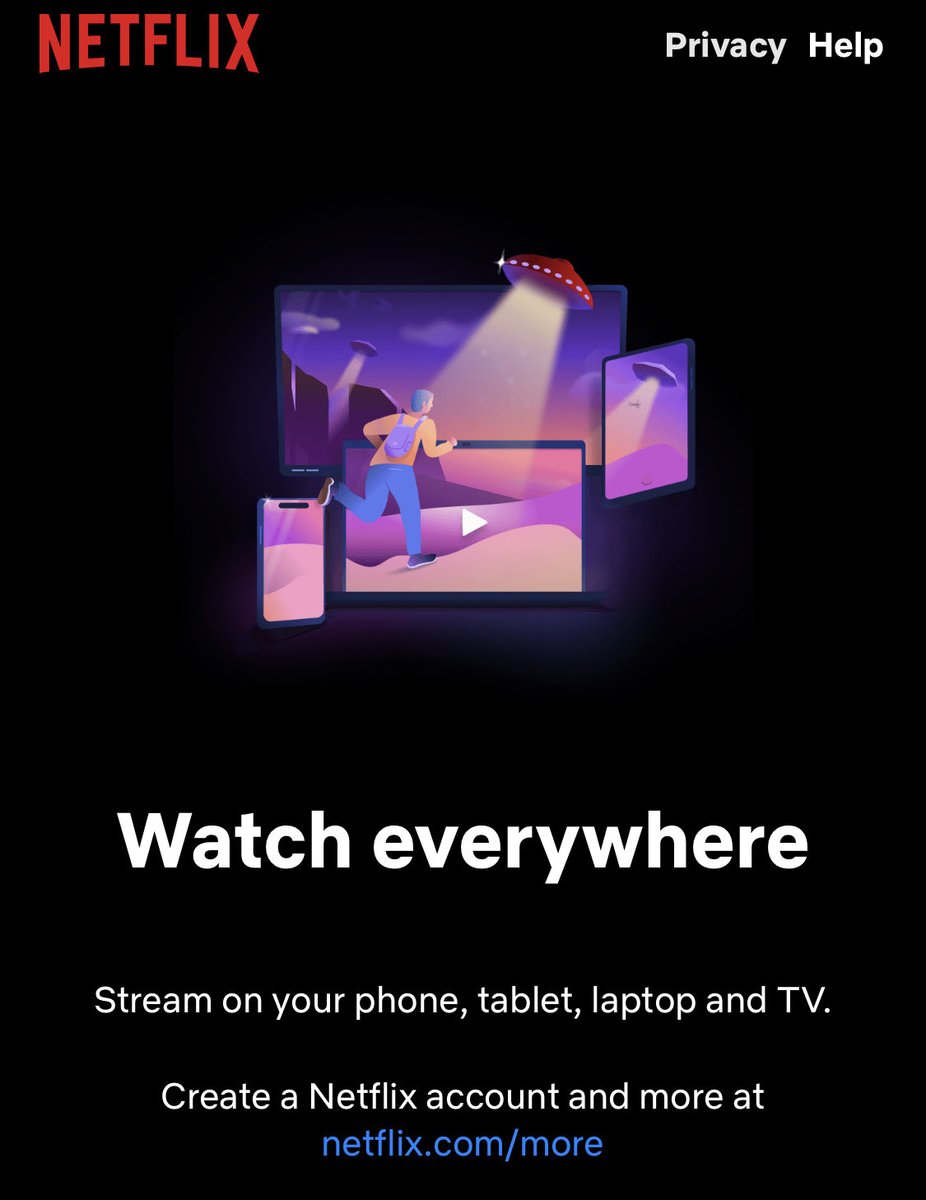People in this #BlockTheBlue pressure campaign are losers and goons. They're the cool kids from junior high who worked to exclude we nerds from cool kid events, plus the losers who joined in to gain cred. The elite-only verification system sucked, been criticizing it since 2018.
https://twitter.com/TimSweeneyEpic/status/1231290805211496448
An online community like this should be a meritocracy, where everyone has an equal chance, and merit is earned rather than anointed by a corporation. Old school Twitter had found a great expression of merit with following & retweeting. The best rose to the top.
Then someone well-meaningly built a system for preventing impersonation through verification. But they broke the meritocracy with a policy deeming verification only for elite "noteworthy" users, while letting Twitter employees hand out verification to their friends as a perk.
This was followed by waves of Twitter employees realizing they'd been granted a social commodity (or income stream for the crooked) and started handing out blue checks in exchange for favors or IOUs. At peak, friends of friends of Twitter employees were brokering verification.
Key point is, this had NOTHING to do with verifying identity documents to prevent impersonation. They didn't do that. Twitter employees just clicked a few buttons and you were verified.
And there's Twitter's old unwritten practice of using verification to condition user speech, for example un-verifying Louis Farakhan as punishment for his words. I strongly disagree with Louis Farakhan's views, but I'm quite sure his identity verification was never in question.
In summary, old Twitter verification was promoted as identity verification, but open only to elites they deemed "noteworthy"; it was doled out to friends of employees without identity verification or noteworthiness ; and it was revoked as punishment for speech.
• • •
Missing some Tweet in this thread? You can try to
force a refresh










